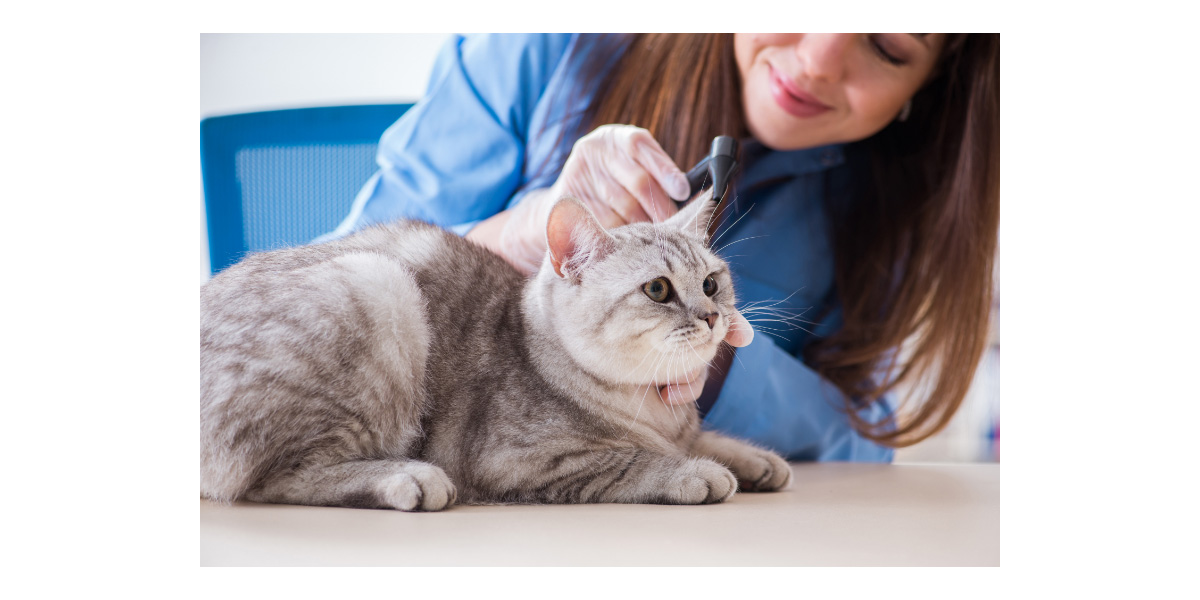
Save 35% with AutoShipUse code SAVE35 (Up to $20 max. Exclusions apply)

SAVE AN EXTRA $5 - $20 OFFUse code PETS in cart (Exclusions apply)

While efforts are made to answer all questions as quickly as possible, if an immediate answer is required or if your pet is in need of urgent or emergency care, contact your pet's veterinarian immediately.

You will receive an answer from Dr. Lindsay and our vet/tech team as soon as possible, usually the same day.
All answers are provided for informational or educational purposes only, and are intended to be a supplement to, and not a substitute for, the expertise and professional judgment of your pet's veterinarian.
It may be necessary to consult your pet's veterinarian regarding the applicability of any opinions or recommendations with respect to your pet's symptoms or medical condition.
Close
An error has occurred, please reload the page and try again.
CloseWhile efforts are made to answer all questions as quickly as possible, if an immediate answer is required or if your pet is in need of urgent or emergency care, contact your pet's veterinarian immediately.
There is no answer related to your question

Around one in three cats will eventually develop cancer in their lifetime. While not every case is typical, the majority of cancers that affect cats fall into three types: lymphoma, skin cancer, and breast cancer. Early detection is key to successful treatment with any type. By getting to know the common cancers that affect cats, you’ll be much more likely to recognize early signs and symptoms.
Lymphoma
Lymphoma is the most common type of cancer in cats, associated with 33% of tumors in felines. This type of cancer attacks lymphocytes, a type of white blood cell that is made in the bone marrow. Cats are most often afflicted with gastrointestinal lymphoma, which attacks the small intestine. GI lymphoma is most often diagnosed in older cats around 9-13 years old. The early symptoms typically include change in appetite, vomiting, diarrhea, and weight loss.
When younger cats are diagnosed with lymphoma, it’s usually linked to a virus. Cats infected with feline leukemia virus (FeLV) or feline immunodeficiency virus (FIV) are at a greatly increased risk for developing certain types of lymphoma.
Mediastinal lymphoma affects the tissues within the chest that surround the heart and lungs. Most patients test positive for feline leukemia, and they’re usually under five years old. Thankfully, this type of cancer has become uncommon because most cats are vaccinated for FeLV. When it does occur, it causes respiratory symptoms such as difficulty breathing due to masses and fluid accumulation in the chest.
Renal lymphoma is also linked to feline leukemia, with about half of patients testing positive for the virus. As it affects the kidneys, it causes symptoms associated with kidney failure, like increased thirst, increased urination, decreased appetite, weight loss and lethargy. As it tends to spread to the central nervous system, the majority of patients only live for a few months after diagnosis, even with treatment.
Skin Cancer
Skin cancers are the second most common cancer diagnosed in cats. Your cat’s skin is the largest organ in their body, frequently exposed to carcinogens like air pollution, household chemicals, and solar radiation. Cell damage due to injuries and burns can also cause cancerous lesions. It’s also possible that prolonged dental disease and inflammation can cause oral cancer.
Cats with white or light-colored fur and skin are more vulnerable to skin cancer from sun exposure, along with cats that spend a lot of time outdoors. Skin cancer takes on many appearances, so you should let your veterinarian know about any unusual growths, sores, wounds that won’t heal, or hairless patches of skin. While most skin issues are not cancerous, a biopsy is often necessary to evaluate whether there are any cancer cells present.
Skin cancers generally respond well to treatment, and may not return after removal. But if left untreated, the cancer can spread to the lymph nodes, and from there, metastasize to other areas of the body.
Breast Cancer
About ⅓ of cancer cases in cats affect the mammary glands. It typically affects female cats, especially those that have not been spayed before their first heat cycle, though 5% of the time it affects males. Breast cancer in cats begins as a small tumor just beside or beneath the nipple. It tends to be aggressive, typically spreading to the lungs or nearby lymph nodes and then metastasizing to other parts of the body. Breast cancer can affect cats of any age and breed, though it’s more common in Siamese cats, and tends to occur at around 10 years of age.
Cats have the best chance of a long survival time if they’re diagnosed while the tumor is smaller than 2-3 centimeters in diameter. Once detected, the cancer is typically treated with surgical removal of the mass and surrounding breast tissue, possibly followed by chemotherapy.
Protecting Your Cat From Cancer
Cancer in cats is not always preventable. Even so, you can help your cat stay safe by keeping them indoors, vaccinating them against FeLV and FIV, and limiting their exposure to carcinogens like cigarette smoke, pesticides, and household chemicals.
Every time you cuddle your cat, take a moment to check for suspicious lumps and bumps. Pay special attention to areas with little or no fur, such as their nose, ear tips, and lips. A few extra pets are not only good for your cat’s soul, but might also just save their life.
 Swipe
Swipe